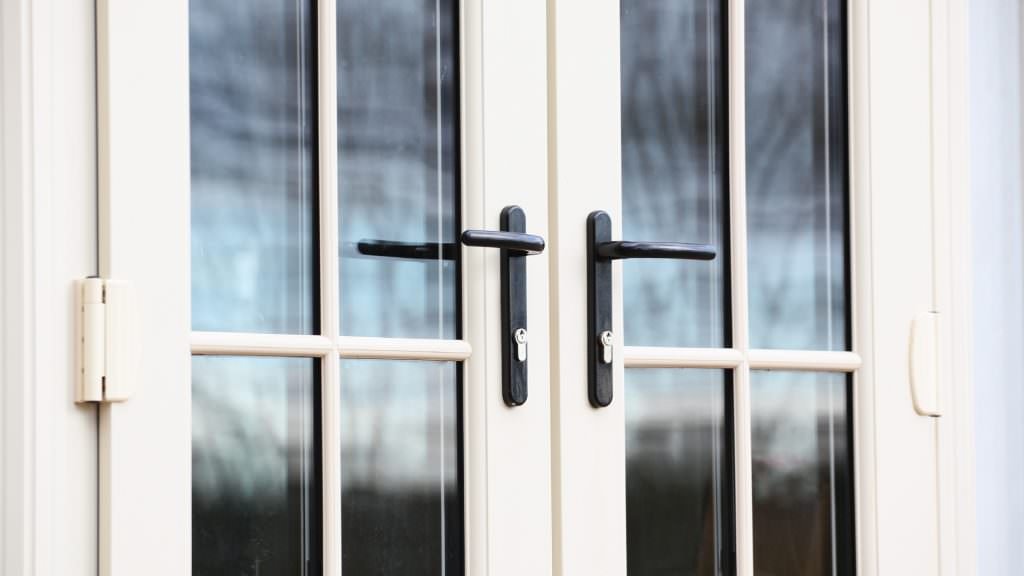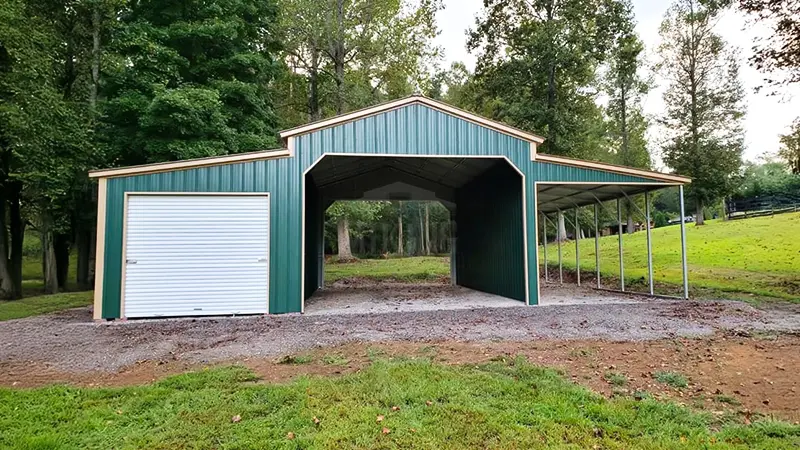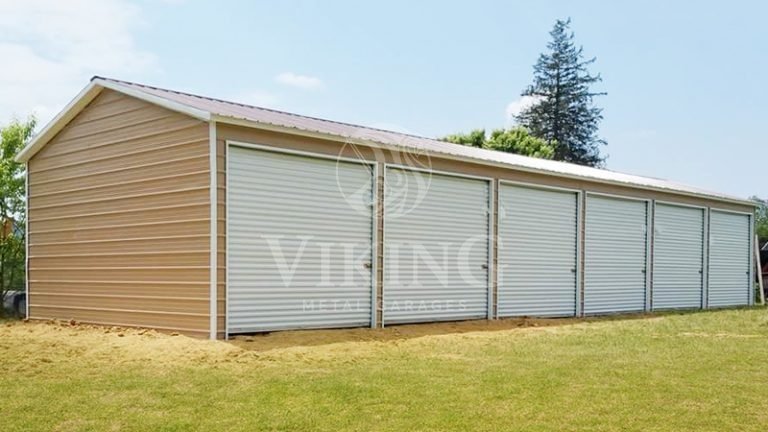UPVC windows are popular for their durability, low maintenance, and excellent insulation properties. But beyond the frames and glazing, the window handle plays a crucial role in usability, security, and style. Whether you’re replacing old handles or installing new ones, understanding the different types of UPVC window handles will help you choose the right one for your windows.
We’ll break down the main types of UPVC window handles, their features, typical applications, and what to consider when choosing one.
Espagnolette (Espag) Handles
Description:
Espag handles are the most common type used with modern UPVC Window Handle. They are designed to operate a multi-point locking system within the window frame, known as an espagnolette lock.
Key Features:
Straight or cranked lever
Push-button operation, often with a key lock
Spindle (usually 7mm square) extends from the back into the window mechanism
Commonly used on side-hung or top-hung casement windows
Pros:
Secure and reliable
Sleek and minimalist design
Compatible with key-locking systems for enhanced safety
Best For:
Standard outward-opening uPVC casement windows in most modern homes
Inline Handles
Description:
Inline handles are a subtype of espag handles. The lever sits in a straight line with the base plate, making them symmetrical and suitable for both left- and right-handed windows.
Key Features:
Straight lever
Universal fitting for either side of the window
Key lockable
Pros:
Easy to install
Universal design
Clean and simple look
Best For:
Casement windows where flexibility in handle direction is needed
Cranked (Offset) Handles
Description:
Also, a subtype of espag handles, cranked handles, are designed with the lever offset to one side, offering more hand clearance from the window frame.
Key Features:
Offset lever for improved ergonomics
Comes in left- and right-handed versions
Key lockable
Pros:
More comfortable operation on certain window styles
Often better for windows with large frames or tight clearances
Best For:
Windows with deeper profiles or where handles may hit adjacent surfaces
Tilt and Turn Handles
Description:
Used exclusively on tilt and turn windows, these handles allow the window to open in two ways: tilt inward at the top for ventilation or swing in fully for cleaning and emergency exit.
Key Features:
90-degree or 180-degree turning range
Often includes a secure locking mechanism
Unique spindle and fixing arrangements
Pros:
Versatile operation
Secure and child-safe
Typically key-lockable
Best For:
Tilt and turn windows are found in modern homes and apartments, especially in Europe.
Cockspur Handles
Description:
Cockspur handles are older-style handles commonly found on early-generation UPVC and aluminum windows. They work by closing the window sash against a wedge or spur on the frame.
Key Features:
Lever with a curved “spur” that hooks over a wedge
Often, no internal locking mechanism (older models)
Some modern versions include a key lock
Pros:
Simple and cost-effective
Still widely used in repairs or retrofits
Best For:
Older UPVC or aluminum casement windows that do not use espagnolette locks
Spade or Blade Handles
Description:
Less common, these handles are used with certain types of friction hinges or pivot windows. The spade or blade at the back of the handle engages with the locking mechanism.
Key Features:
Flat spade or rectangular blade rather than a square spindle
Mostly used in specialized or older window systems
Pros:
Fits specific, older window types
Some models offer locking options
Best For:
Specialist or heritage window replacements
Monkey Tail and Pear Drop Handles
Description:
These are decorative handle styles that mimic traditional ironmongery. Though usually seen on timber windows, they’re now available for uPVC windows too.
Key Features:
Ornate designs with classic curves
Usually key-lockable
Can be adapted for espagnolette or cockspur-style locks
Pros:
Adds period charm
Suitable for heritage properties with uPVC replacements
Best For:
Traditional or period-style homes using uPVC frames for modern performance
Window Restrictor Handles (Child-Safe)
Description:
These handles are designed with a built-in restrictor to limit how far the window opens. They help improve child safety and comply with building regulations in certain areas.
Key Features:
Restrict opening to a safe distance (often 100mm)
Can be unlocked with a key for full opening
Typically used with espag mechanisms
Pros:
Added safety for families with young children
Meets safety codes for windows above certain heights
Best For:
Bedrooms, upper floors, and homes with small children
How to Choose the Right Type
Here are a few quick tips to guide your decision:
✅ Match the Mechanism:
Check your existing lock type—espag, cockspur, tilt and turn, etc.
Measure the spindle length and fixing centers before buying
✅ Prioritize Security:
Choose key-lockable handles where possible
Look for handles certified to PAS 24 or Secured by Design standards
✅ Consider Aesthetics:
Choose a finish and style that complements your windows and home décor
Decorative handles can add character to traditional-style homes
✅ Don’t Forget Usability:
For frequently used windows, choose ergonomic handles with smooth operation
Cranked handles are better for tight spaces or larger hands
Final Thoughts
Window handles may seem like a small detail, but they have a big impact on how your windows look, feel, and perform. By understanding the different types of uPVC window handles—espag, tilt and turn, cockspur, cranked, and more—you can ensure you select the right handle for your needs, both functionally and aesthetically.
Whether you’re upgrading for security, replacing worn-out parts, or simply giving your windows a new look, the right handle can make all the difference.












Leave a Reply